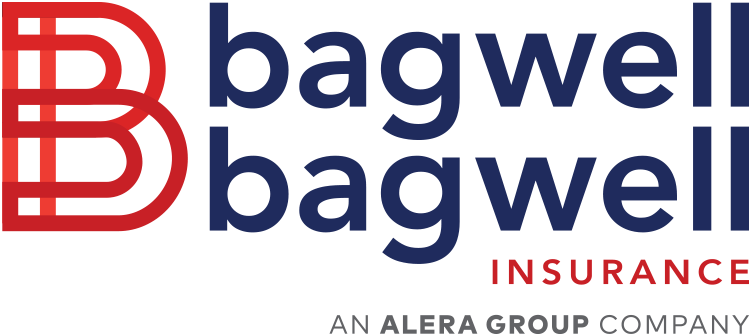There is nothing better than spending a hot summer day sailing with a group of friends or exploring the waters on your jet ski. But did you know in 2017 the US Coast Guard documented 4,291 watercraft accidents that resulted in approximately $46 million of total damage to property? Here are some tips that can help to ensure your time riding the waves does not end up breaking the bank or worse, causing injury to a friend or loved one:
Check the weather beforehand. Choppy waters and strong winds can cause problems for even the most experienced captains. Make sure you have a plan in place to seek help should the watercraft capsize.
Check for harmful fumes after filling up your watercraft with fuel. If a strange odor is detected, do not start the boat. Carbon monoxide poisoning can be dangerous, even deadly to a person. I think it is safe to say that even the most experienced boater is not going to be able to manage a watercraft if he is rendered unconscious by carbon monoxide!
Be prepared with safety gear: flashlights with extra batteries, duct tape, first aid kit, a whistle in the event you need to call for help, a fire extinguisher and a mirror to signal for help if needed.
Always makes sure the watercraft is equipped with appropriate life jackets for all passengers.
Do not overload your boat with equipment or people. Capacity guidelines for all watercrafts are there for a reason and an important rule to follow for a safe boating experience.
Take a boating course. Courses are offered for both new boaters and experienced boaters. By completing boating courses on a consistent basis, you will be sure that you are staying up to date with the boating rules in force.
Avoid consuming alcoholic beverages: It is illegal to operate a watercraft under the influence of alcohol and is the leading cause of boating accidents each year.
Be careful when entering and exiting any watercraft, making sure to stay clear of the watercraft engine. The engine may be extremely hot and there is nothing worse than ending a perfect day in an emergency room for a burn.
Boat Safety Courses
In NC, if you were born on or after Jan. 1st, 1988 & will be operating a boat or PWC of 10hp or more, you are required to successfully complete the state boating education requirements. Below are websites that offer state specific safety courses.
Here are links to various courses:
Official NC Boating Safety Course Online: https://www.boat-ed.com/northcarolina/
Boating Safety Courses Offered through US Coastguard: http://uscgboating.org/recreational-boaters/boating-safety-courses.php
Free State specific boating safety courses: http://www.boatus.org/free/
References:
http://uscgboating.org/statistics/accident_statistics.php
https://blog.nationwide.com/boating-safety-tips-checklist/
https://www.discoverboating.com/ownership/safety/tips


